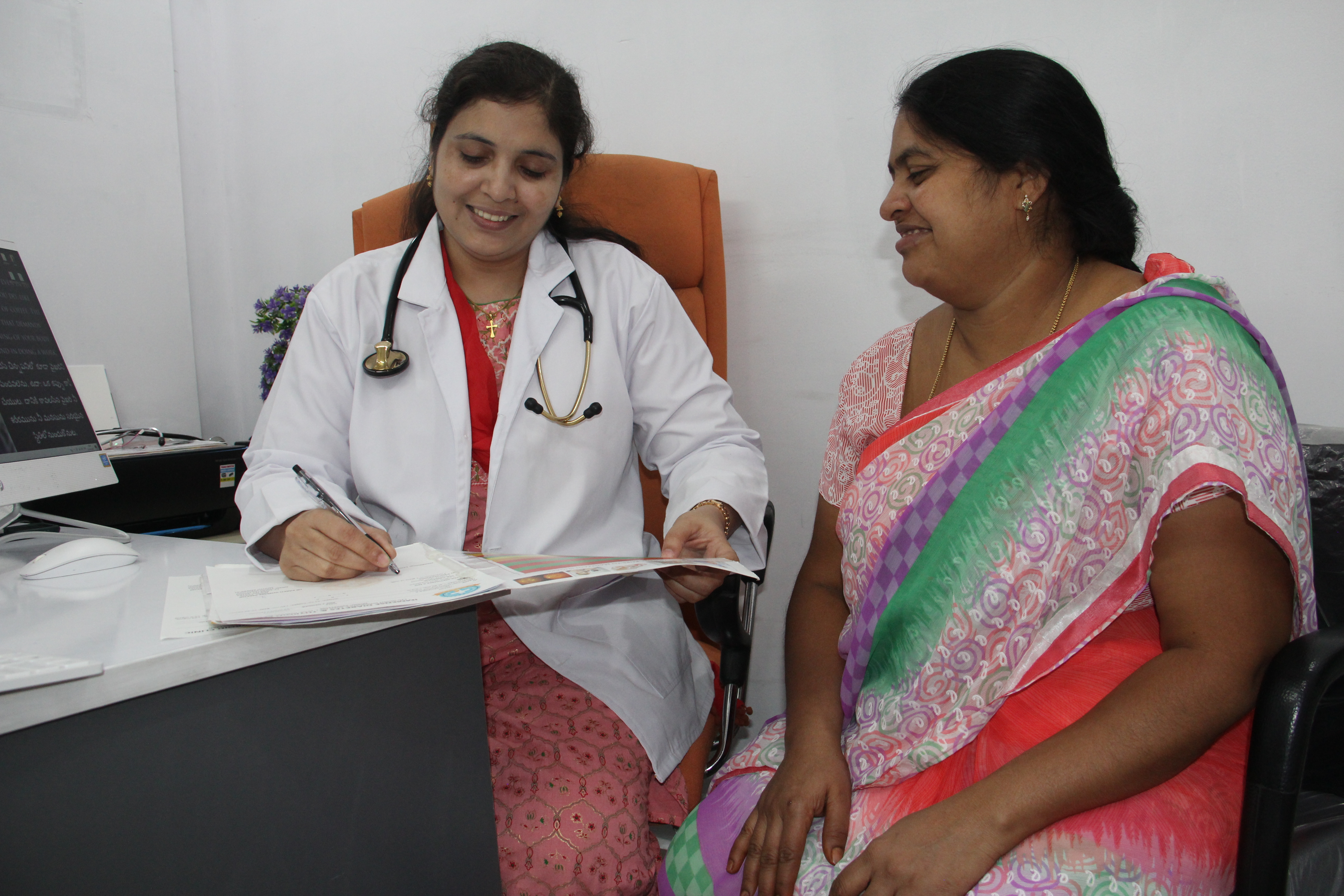What to Expect at Your First Visit to a Diabetologist

Being diagnosed with diabetes—or even suspecting you might have it—can feel overwhelming. Whether you’ve been referred by your family doctor or decided to see a diabetologist on your own, your first visit is a crucial step toward managing your condition effectively.
If you’re wondering what will happen during that appointment, here’s a complete guide so you can walk in prepared and confident.
Who Is a Diabetologist?
A expert diabetologist is a medical specialist who focuses on diagnosing, treating, and managing diabetes. They are experts in blood sugar regulation, medication management, and preventing long-term complications. In many cases, they also work closely with dietitians, endocrinologists, and other specialists to provide comprehensive care.
Before the Appointment
Preparation makes your first visit smoother and more productive. Make sure to:
- Bring your medical history: Include any past illnesses, current medications, allergies, and previous lab results.
- List your symptoms: Even small issues—like frequent thirst, fatigue, or blurry vision—are worth mentioning.
- Track your lifestyle habits: Note your diet, exercise routine, and sleep patterns.
- Prepare questions: Write down anything you want to ask about your condition, treatment, or lifestyle changes.
- Detailed Medical History
Your diabetologist will begin by taking a thorough medical history. Expect questions like:
- When did your symptoms start?
- Do you have a family history of diabetes?
- Have you experienced any recent changes in weight, vision, or energy levels?
- Are you on any medications for other conditions?
💡 Tip: Be honest about your diet, alcohol intake, and lifestyle habits—this helps your doctor create a realistic treatment plan.
- Physical Examination
The doctor will likely perform a physical check-up, which may include:
- Measuring your weight and BMI.
- Checking your blood pressure.
- Examining your feet for nerve damage or poor circulation.
- Looking for signs of skin changes or infections.
- Blood Tests
Blood tests are essential for confirming a diabetes diagnosis and understanding how well your body is managing glucose. Common tests include:
- Fasting Blood Sugar (FBS) – Measures glucose after not eating for 8–12 hours.
- HbA1c Test – Shows your average blood sugar over the past 2–3 months.
- Postprandial Blood Sugar (PPBS) – Measures glucose after a meal.
- Lipid Profile – Checks cholesterol and triglyceride levels.
Some clinics have on-site labs so you can get results the same day.
- Discussion of Results
Once your test results are available, your diabetologist will explain:
- Whether you have Type 1, Type 2, prediabetes, or gestational diabetes.
- How severe your condition is.
- What your target blood sugar range should be.
They will also address any questions you have and discuss the next steps.
- Treatment Plan
A personalised treatment plan will be created based on your diagnosis, lifestyle, and preferences. This might include:
- Dietary changes – Guidance on portion sizes, food choices, and meal timings.
- Exercise recommendations – Safe and effective activities for your fitness level.
- Medications or insulin – Dosage, timing, and administration techniques.
- Monitoring schedule – How and when to check your blood sugar at home.
- Education on Self-Management
A good diabetologist won’t just give you prescriptions—they’ll teach you how to manage your condition daily. Expect guidance on:
- Reading food labels.
- Understanding the glycaemic index (GI) of foods.
- Preventing low or high blood sugar episodes.
- Recognising early signs of complications.
- Setting Follow-Up Appointments
Diabetes requires continuous care. Your doctor will likely schedule:
- A follow-up visit within 1–3 months to monitor your progress.
- Routine check-ups every 3–6 months for long-term management.
- Emotional Support
A diabetes diagnosis can be emotionally challenging. Some clinics offer:
- Access to support groups.
- Referrals to counsellors or psychologists.
- Patient workshops to connect with others who share your experience.
Questions You Might Ask Your Diabetologist
- What type of diabetes do I have?
- What should my daily blood sugar range be?
- Are there specific foods I should avoid completely?
- How often should I test my blood sugar?
- Will I need insulin now or in the future?
- What signs should I watch for that mean I need urgent medical help?
Final Thoughts
Your first visit to a diabetologist marks the beginning of a proactive approach to managing your health. The more prepared you are, the more you’ll get out of the appointment.
Remember—diabetes management is a partnership between you and your healthcare team. By attending regular follow-ups, making recommended lifestyle changes, and staying informed, you can lead a healthy, fulfilling life despite the diagnosis.
- Art
- Causes
- Crafts
- Dance
- Drinks
- Film
- Fitness
- Food
- Juegos
- Gardening
- Health
- Home
- Literature
- Music
- Networking
- Other
- Party
- Religion
- Shopping
- Sports
- Theater
- Wellness




